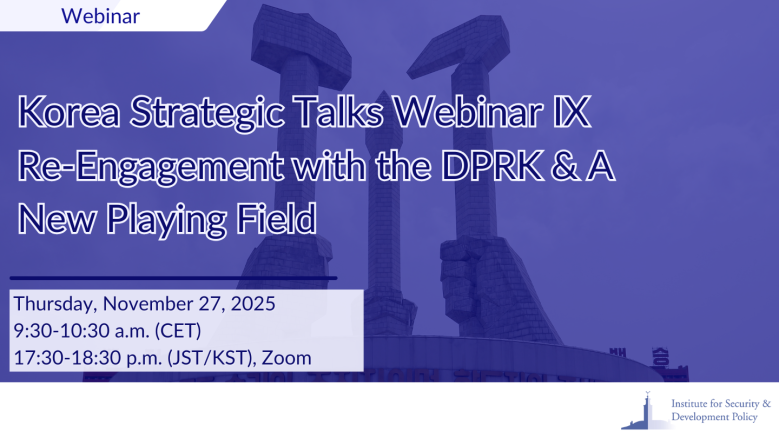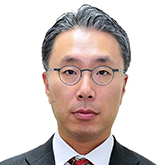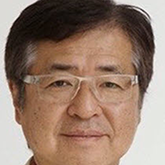Korea Strategic Talks Webinar IX: Re-Engagement with the DPRK & A New Playing Field

Did you miss this webinar? The recording is available on ISDP’s YouTube channel.
With the inauguration of U.S President Donald Trump and the Republic of Korea (ROK) President Lee Jae-myung in 2025, the question of how to re-engage the Democratic People’s Republic of Korea (DPRK) is back on the agenda. Yet the landscape has shifted markedly since the 2018 Kim-Trump summits: Pyongyang’s strategic position has strengthened, not least through deeper economic, technological and military ties with Russia following their 2024 Comprehensive Strategic Partnership. In multiple statements, DPRK leaders have framed denuclearization as non-negotiable, even as they signal potential openness to dialogue if talks accept that premise.
The fourth Strategic Talk for 2025 will take place on November 27 at 9.30 hrs Stockholm time and 17.30 hrs JST/KST. Our guests for this session are Park Won-Gon, Department of North Korean Studies at Ewha Womans University, and Nobukatsu Kanehara, Sasakawa Peace Foundation and Reitaku University.
In June 2024, the ISDP Stockholm Korea Center introduced a new series of “Korea Strategic Talks,” to further promote dialogue and exchange of views related to the developments on the Korean peninsula. The overall aim of the initiative is to further increase the understanding of the many factors and policies that impact political and security developments. We invite scholars and experts from different backgrounds to a conversation moderated by Mats Engman, Distinguished Military Fellow at ISDP. By conducting two or three talks within a short time span, we believe it will enable us to identify possible differences in understanding, assessments, and policies.
The Strategic Talks are live, online, and recorded for later use. A typical session runs for 60 minutes. Occasionally, we will also summarize a Strategic Talk or a series of talks into a publication.
During this fourth series of talks, we will concentrate our discussion on the challenges and possibilities for re-engaging Pyongyang. Some of the questions that will be discussed include
- How does the DPRK’s improved geopolitical situation reshape the ground rules for U.S. and ROK engagement?
- How likely is a new Trump-Kim summit, and what conditions and timelines might shape such a meeting?
- If denuclearization is off the table for Pyongyang, what other issues could be pursued meaningfully?
- What roles might other states play in facilitating re-engagement and de-escalation?
Speakers:
 Park Won-Gon is a professor in the Department of North Korean Studies at Ewha Womans University, where he has served as department chair and directs the Institute of Unification Studies. His research focuses on international relations and the politics of North Korea. He holds a Ph.D. in international relations from Seoul National University. Previously, Park spent 18 years at the Korea Institute for Defense Analyses, including service as director of external cooperation (2009–2012), and taught international studies at Handong Global University. He serves on policy advisory bodies and contributes analysis for Korean and international outlets.
Park Won-Gon is a professor in the Department of North Korean Studies at Ewha Womans University, where he has served as department chair and directs the Institute of Unification Studies. His research focuses on international relations and the politics of North Korea. He holds a Ph.D. in international relations from Seoul National University. Previously, Park spent 18 years at the Korea Institute for Defense Analyses, including service as director of external cooperation (2009–2012), and taught international studies at Handong Global University. He serves on policy advisory bodies and contributes analysis for Korean and international outlets.
 Nobukatsu Kanehara is Executive Director of the Sasakawa Peace Foundation and a professor at Reitaku University. He previously taught at Dōshisha University (2020–March 2025) and has also held teaching roles at Waseda University. From 2012 to 2019 he served in the Cabinet of Prime Minister Shinzo Abe as Assistant Chief Cabinet Secretary; in 2013 he became the inaugural Deputy Secretary-General of the National Security Secretariat and also served as Deputy Director of the Cabinet Intelligence and Research Office. Earlier in his Ministry of Foreign Affairs career he was Director-General of the Bureau of International Law, Deputy Director-General of the Foreign Policy Bureau, and Ambassador in charge of the United Nations and Human Rights, with postings to Japan’s delegations to the EU and UN and to embassies in the United States and South Korea. He graduated from the University of Tokyo (Faculty of Law) and joined MOFA in 1981.
Nobukatsu Kanehara is Executive Director of the Sasakawa Peace Foundation and a professor at Reitaku University. He previously taught at Dōshisha University (2020–March 2025) and has also held teaching roles at Waseda University. From 2012 to 2019 he served in the Cabinet of Prime Minister Shinzo Abe as Assistant Chief Cabinet Secretary; in 2013 he became the inaugural Deputy Secretary-General of the National Security Secretariat and also served as Deputy Director of the Cabinet Intelligence and Research Office. Earlier in his Ministry of Foreign Affairs career he was Director-General of the Bureau of International Law, Deputy Director-General of the Foreign Policy Bureau, and Ambassador in charge of the United Nations and Human Rights, with postings to Japan’s delegations to the EU and UN and to embassies in the United States and South Korea. He graduated from the University of Tokyo (Faculty of Law) and joined MOFA in 1981.